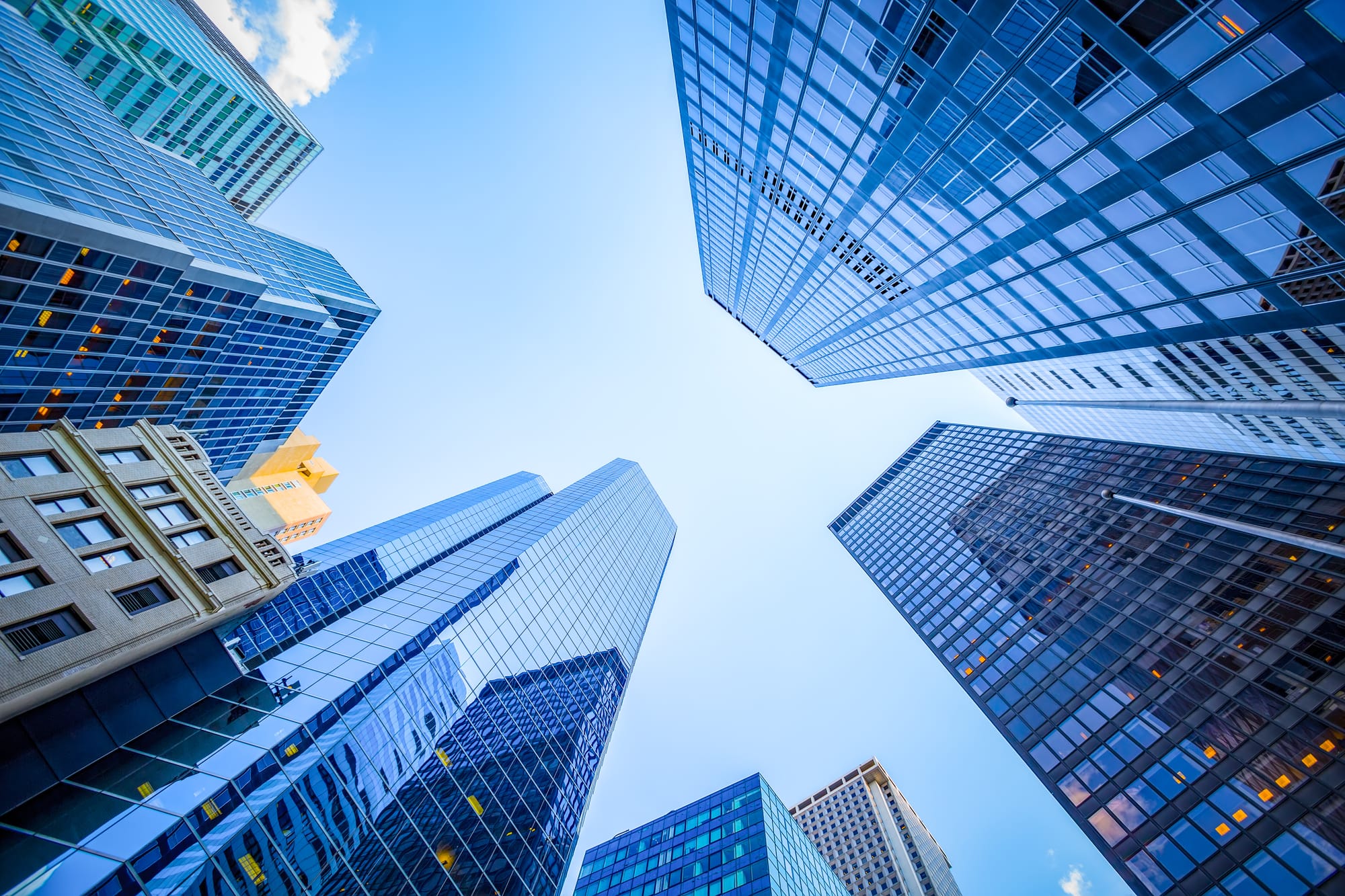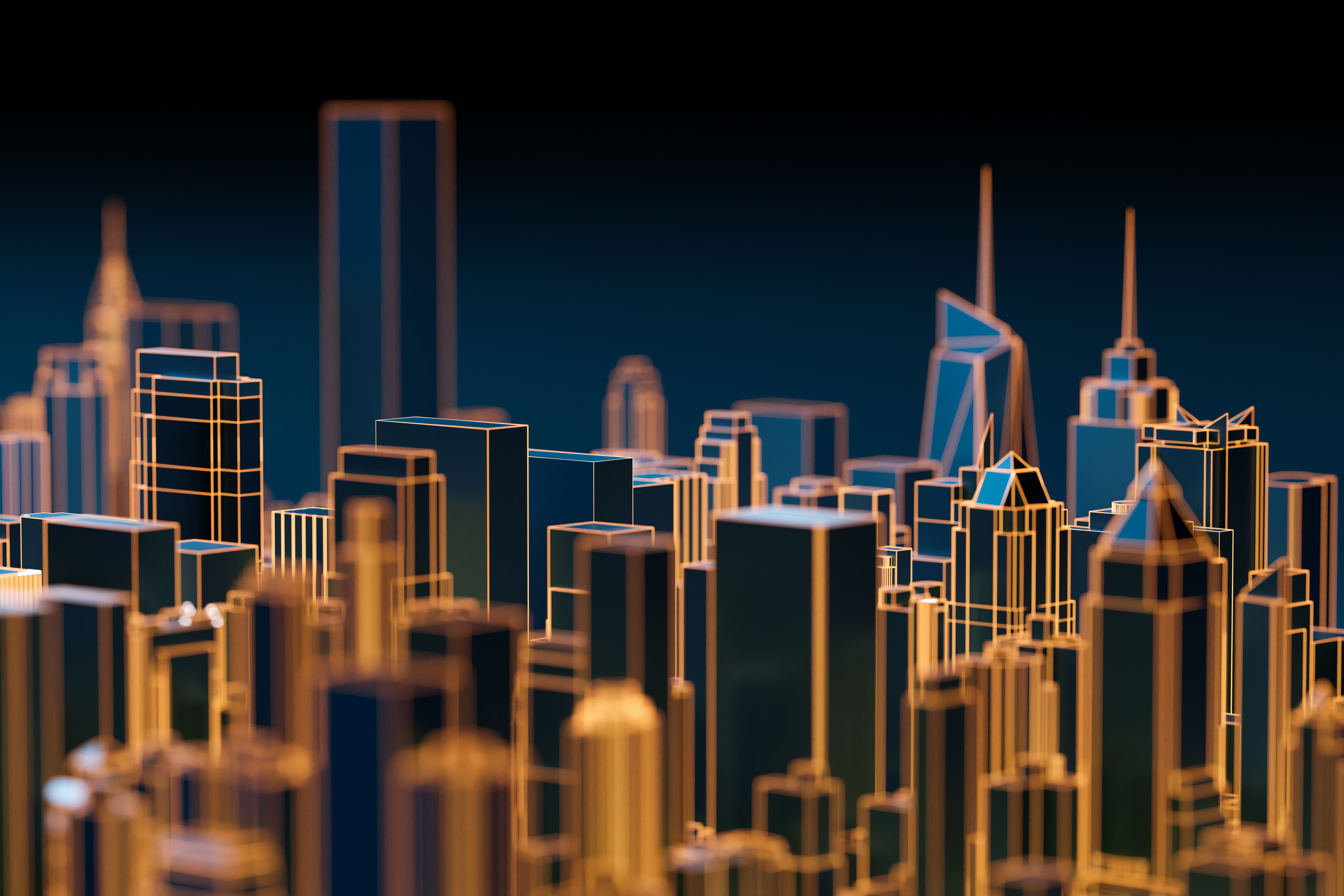urbanization, or urbanization.

Urbanization is a socio-economic process that describes the movement of populations from rural to urban areas, with an increase in the urban population and the expansion of the cities themselves. This process reflects changes in lifestyle, economy, and society, and is sometimes accompanied by technological and infrastructural changes. Historically, urbanization began to occur significantly during the Neolithic Revolution, when agriculture developed and enabled food production in large quantities. This allowed people to concentrate in cities and focus on professions other than agriculture. In the 21st century, urbanization is a global phenomenon, with the majority of the world's population living in cities. The phenomenon also brings with it many challenges, including environmental problems, traffic congestion, and social disparities. However, it also offers opportunities for innovation, economic development, and improved quality of life.

Urbanization is a socio-economic process that describes the transition of populations from rural settlements to cities and the expansion of cities in area and population. This process is accompanied by many changes, such as the development of infrastructure, changes in the economic structure and lifestyle. In ancient times, cities such as Rome and Athens were important centers of culture, politics and economics, and were dependent on their ability to store food and provide security. In biblical times, the term "city" appears about a thousand times, which indicates the importance of cities in people's daily lives. Modern urbanization began following the Industrial Revolution, and led to the rapid growth of cities and dramatic changes in human society.


